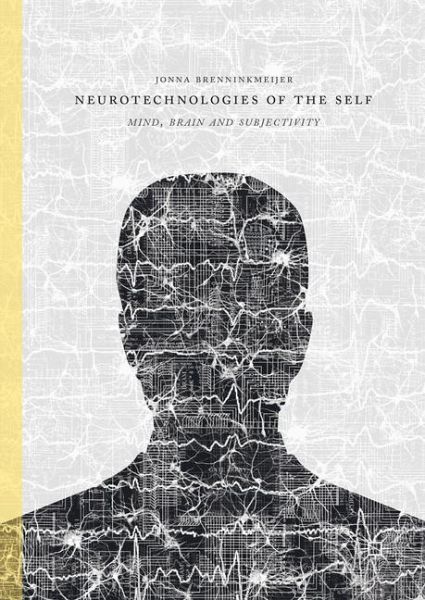
Neurotechnologies of the Self
Mind, Brain and Subjectivity

PAYBACK Punkte
33 °P sammeln!
Taking care of oneself is increasingly interpreted as taking care of one's brain. Apart from pills, books, food, and games for a better brain, people can also use neurotechnologies for self-improvement. This book explores how the use of brain devices to understand or improve the self changes people's subjectivity.This book describes how the effects of several brain devices were and are demonstrated; how brains and selves interact in the work of early brainwave scientists and contemporary practitioners; how users of neurofeedback (brainwave training) constitute a new mode of self that is extend...
Taking care of oneself is increasingly interpreted as taking care of one's brain. Apart from pills, books, food, and games for a better brain, people can also use neurotechnologies for self-improvement. This book explores how the use of brain devices to understand or improve the self changes people's subjectivity.
This book describes how the effects of several brain devices were and are demonstrated; how brains and selves interact in the work of early brainwave scientists and contemporary practitioners; how users of neurofeedback (brainwave training) constitute a new mode of self that is extended with a brain and various other (physiological, psychological, material, and sometimes spiritual) entities, and; how clients, practitioners and other actors (computers, brain maps, brainwaves) perform a dance of agency during the neurofeedback process. Through these topics, Jonna Brenninkmeijer provides a historical, ethnographical, and theoretical exploration ofthe mode of being that is constituted when people use a brain device to improve themselves.
This book describes how the effects of several brain devices were and are demonstrated; how brains and selves interact in the work of early brainwave scientists and contemporary practitioners; how users of neurofeedback (brainwave training) constitute a new mode of self that is extended with a brain and various other (physiological, psychological, material, and sometimes spiritual) entities, and; how clients, practitioners and other actors (computers, brain maps, brainwaves) perform a dance of agency during the neurofeedback process. Through these topics, Jonna Brenninkmeijer provides a historical, ethnographical, and theoretical exploration ofthe mode of being that is constituted when people use a brain device to improve themselves.














